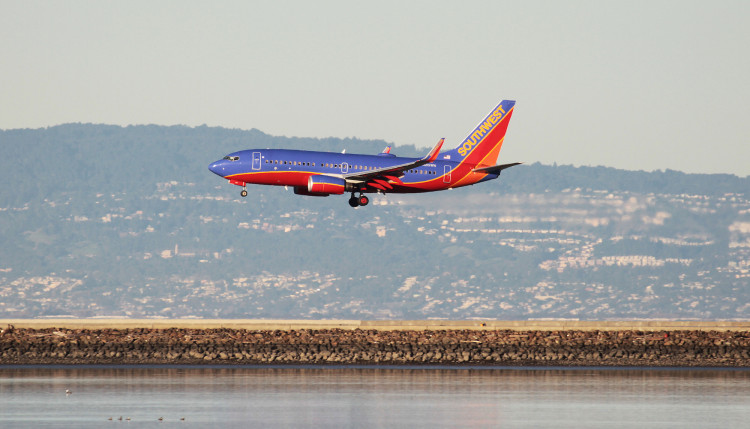Southwest Airlines has revised its second-quarter revenue forecast downward, attributing the adjustment to evolving booking patterns. The Dallas-based carrier now anticipates its revenue per available seat mile (RASM) to decline between 4% and 4.5%, a significant drop from the previously expected 1.5% to 3.5% decline. This adjustment comes as the airline grapples with the complexities of adapting its revenue management strategies in a dynamic environment.
Despite the lowered forecast, Southwest still expects to achieve record quarterly operating revenue. The airline has been seeing record numbers of passengers, but higher costs and increased capacity have impacted fares and profitability. The company's unit expenses, excluding fuel, are projected to rise by as much as 7.5%, a stark contrast to the flat growth previously expected. Furthermore, Southwest now anticipates its capacity to increase by up to 9%, deviating from its earlier projection of no change.
"The reduction in the company's RASM expectations was driven primarily by complexities in adapting its revenue management to current booking patterns in this dynamic environment," Southwest stated in a filing. This admission highlights the challenges the airline faces as it tries to navigate shifting passenger behaviors and market conditions.
In contrast, other carriers like Delta and United have benefited from a resurgence in international travel, with significant investments in premium seating options that cater to travelers willing to pay more for extra comfort. These strategies have allowed them to capitalize on the return of high-margin passengers, bolstering their financial performance.
Southwest is currently under pressure from activist investor Elliott Management, which reiterated its call for CEO Bob Jordan and Chairman Gary Kelly to be replaced. In a statement, Elliott described the lowered revenue outlook as "yet another example that fundamental leadership change is urgently needed at Southwest." The hedge fund accused the current leadership of being unable to adapt to the modern airline industry, asserting that the company's recent release implicitly acknowledges this shortcoming.
Despite the criticism, Southwest has expressed confidence in its leadership team. The airline is considering revenue initiatives such as seating assignments or premium seating options-significant departures from its traditional no-frills business model. CEO Bob Jordan recently emphasized the company's commitment to evolving alongside its customers' needs. "We will adapt as our customers' needs adapt," Jordan stated at an industry event hosted by Politico earlier this month.
Southwest's financial struggles are underscored by a $231 million loss reported in the first quarter of the year. To address these challenges, the airline has implemented immediate measures, including layoffs and the elimination of service to several airports. The company expects to end the year with 2,000 fewer employees than it started with, aiming to streamline operations and improve its financial standing.
Additionally, Southwest has faced setbacks due to delays at Boeing, which has slowed production of new airplanes amid quality control issues. The airline expects to receive only 20 Boeing 737 Max 8 jets this year, down from the 46 it had initially anticipated. This shortfall comes as Southwest plans to retire 35 aircraft, further straining its capacity.
Earlier this month, Elliott Investment Management acquired a $2 billion stake in Southwest, making the activist investor one of the airline's largest shareholders. This move is expected to intensify pressure on the airline to revise its business practices, potentially leading to changes in its executive suite. Elliott's involvement signals a likely push for strategic shifts aimed at boosting Southwest's performance and shareholder value.





